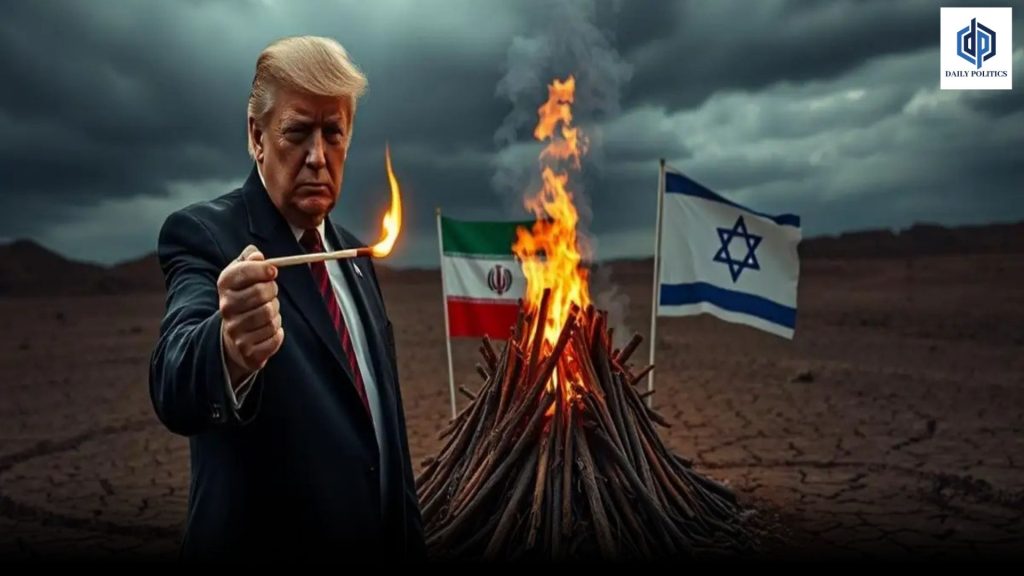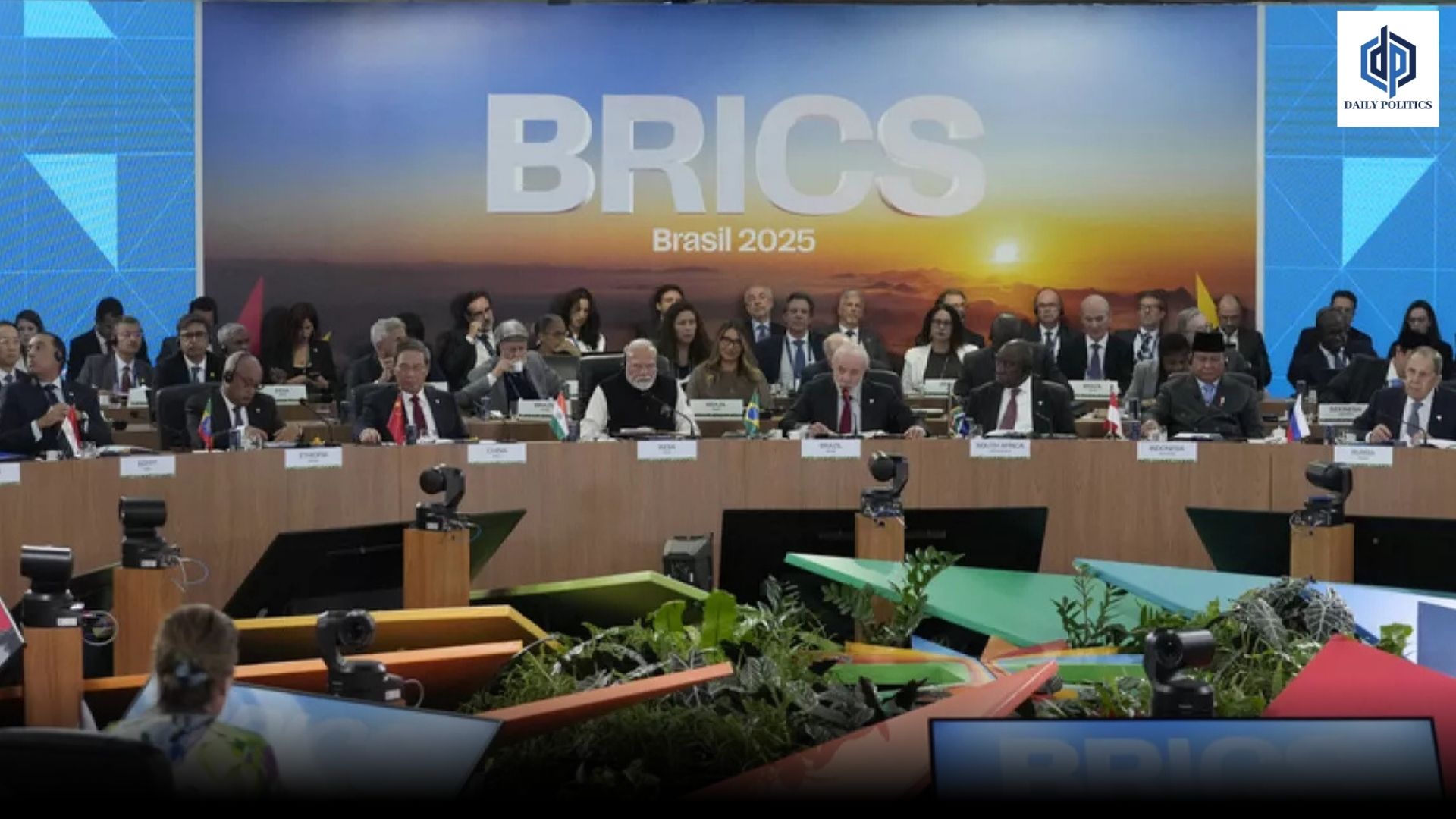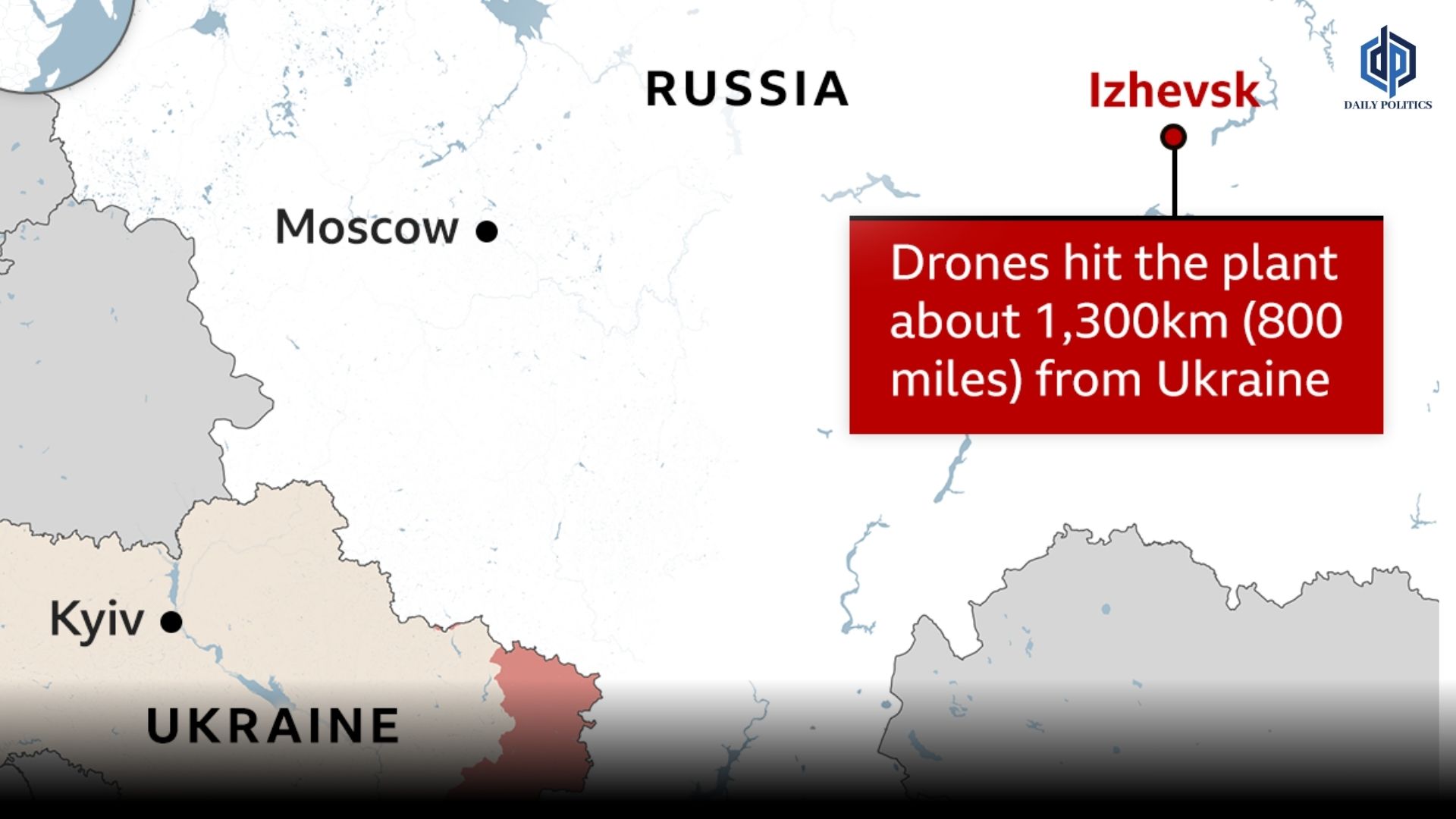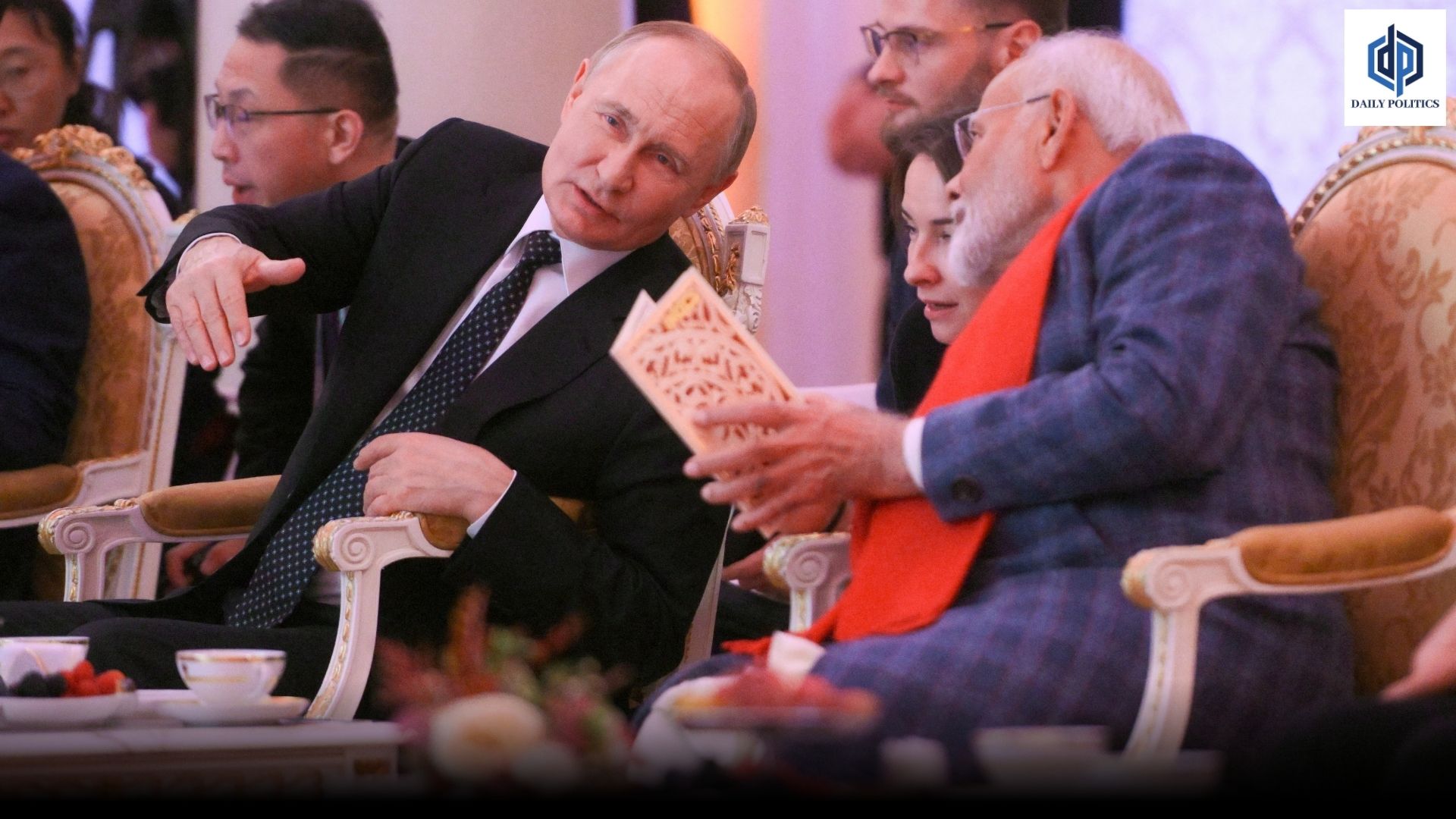US President Donald Trump is weighing the possibility of joining Israel in its strikes against Iran’s nuclear facilities as the conflict enters its sixth day and tensions escalate among the involved parties.
According to five sources who spoke to CBS News, American strikes may utilize advanced weaponry to target the underground nuclear facility at Fordo.
On Tuesday, the president convened with his national security team to deliberate on the forthcoming actions.
Since Friday, Israel and Iran have engaged in a series of deadly strikes against each other. Analysts indicate that Trump’s remarks imply a readiness to align with the Israelis, even in light of his previous calls for de-escalation and his outspoken advocacy for a diplomatic approach to curtail Iran’s nuclear research.
He has expressed growing frustration regarding what he sees as insufficient advancements in efforts to finalize a new agreement intended to halt Iran’s development of a nuclear weapon. During his first term, Trump withdrew from a prior agreement with Iran.
On Tuesday, a social media post from Trump included a direct threat to Iranian Supreme Leader Ali Khamenei, asserting that the United States was aware of his location.
Trump stated, “He is an easy target but is safe there.” “We will not be removing him from the equation, at least for the time being.” However, there is a clear opposition to the targeting of civilians or American military personnel with missiles. Frustration is mounting as our patience begins to dwindle.
In a recent social media update, Trump declared, “UNCONDITIONAL SURRENDER!”
On Wednesday, Iran’s supreme leader addressed the remarks directly, asserting that the nation would never capitulate.
Khamenei stated, “Any form of US military intervention will undoubtedly be met with irreparable harm.”
“Those who possess a deep understanding of Iran, its populace, and its historical context refrain from addressing this nation with threats, as Iranians are not inclined to capitulate,” he stated.
The United States has maintained that Iran needs to eliminate its uranium enrichment program to avert the potential development of nuclear weapons. In contrast, Iran asserts that its atomic endeavors are solely for peaceful purposes.
In 2018, Trump withdrew from an existing nuclear agreement involving Iran and five other global powers. Upon returning to the office, he sent negotiators to engage in discussions aimed at securing a new deal with the Middle Eastern nation, yet no significant progress was made.
In recent days, Trump has shifted away from conventional diplomatic approaches. On Tuesday, after returning to the United States from a G7 summit in Canada, he expressed that he was “not too much in the mood to negotiate with Iran.”
According to Professor Amnon Aran, an Israeli foreign policy expert, Trump’s frustrated language suggested that he was reaching a point that would be “very difficult to row back from,” as he stated during an interview on media.
He stated, “We are certainly at the closest point we have been” regarding a potential US involvement in the conflict since its inception.
Some analysts indicated that Trump might be compelled to take decisive measures. Michael Oren, a former Israeli ambassador to the United States, suggested that the president might find himself with limited options for intervention should Iran launch an attack on a US ship or military base.
Mr. Oren stated on media today program that this attack could potentially be an Iranian strategy aimed at compelling Trump to urge Israel to engage in negotiations to cease the hostilities.
Upon returning from the G7, Trump told reporters that his objective was “an end, a real end, not a ceasefire.” His remarks followed closely after he, alongside fellow leaders in the Western alliance, released a statement urging de-escalation in the Middle East.
Trump departed the summit prematurely to address the crisis unfolding in Washington, leaving a series of statements that left observers uncertain about his potential course of action.
A message urging Iranians to evacuate Tehran has sparked significant speculation and heightened anxiety within the Iranian capital.
US Defence Secretary Pete Hegseth recently revealed plans to deploy additional capabilities to the Middle East, aimed at strengthening the Pentagon’s “defensive posture.” This announcement comes in the wake of US officials’ previous denials regarding involvement in military action.
According to flight tracking data analyzed by BBC Verify, at least 30 US military aircraft have been relocated from American bases to Europe within the last three days in a significant military maneuver.
The relationship between US military movements and the ongoing Israel-Iran conflict remains ambiguous. However, an expert has characterized the recent tanker aircraft flights as “highly unusual.”
One expert noted that the recent movements might indicate a broader strategy of “strategic ambiguity” intended to pressure Iran into making concessions.
According to CBS, Trump’s closest advisers do not unanimously support the decision to engage in Israeli military action. However, the dissenting voices have remained silent in the public arena.
Trump’s supporter base encompasses a diverse array of perspectives. The Republican candidate campaigned for re-election by promising to extricate America from foreign conflicts, having previously voiced criticism of US involvement in the Middle East.
The Iran dilemma faced by Trump reveals a significant divide among his Maga supporters.
The issue of Iran’s ability to develop a nuclear weapon has sparked contrasting views between former President Trump and his director of national intelligence, Tulsi Gabbard.
When questioned on Tuesday regarding Gabbard’s previous assertion that Iran was not pursuing a nuclear warhead, Trump responded, “I don’t care what she said.” It appears they were on the verge of achieving one.
Advisers representing both Trump and Gabbard subsequently refuted claims of any disagreement between the two on the matter.
No fatalities were reported overnight from Tuesday into Wednesday in Israel as a result of Iranian missile strikes.
Overnight, more than 50 Israeli fighter jets executed operations in Iran, targeting an Iranian centrifuge facility, a missile production site near Tehran, and a university associated with Iran’s Revolutionary Guards.
Israel serves as America’s primary ally in the Middle East, with Trump maintaining his support for Israeli Prime Minister Benjamin Netanyahu despite significant global criticism of Israel’s military operations in Gaza that ensued after the Hamas attacks on October 7, 2023.














